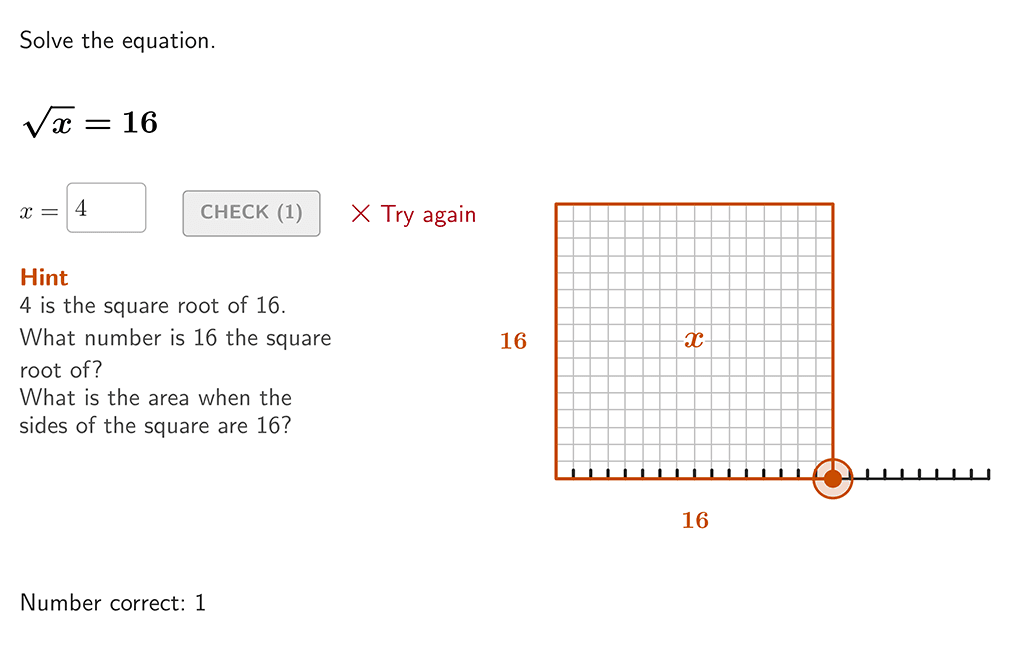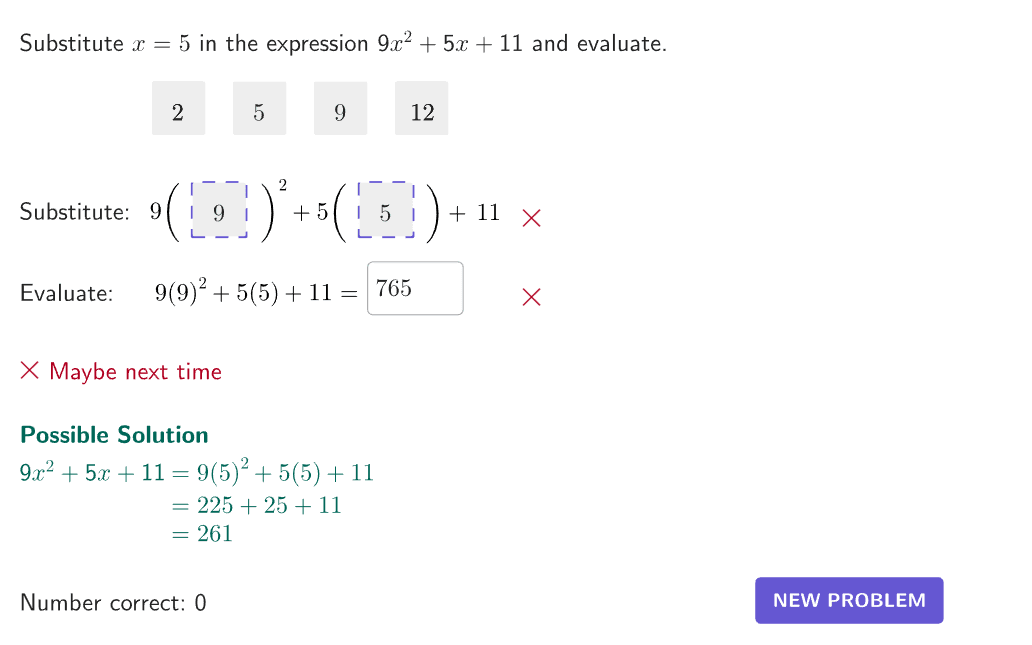Identifying Exponential Models from Tables
Identifying Exponential Models from Tables
Explore how repeated multiplication generates exponential growth or decay in tables of values. Recognize growth factors by comparing outputs.
Putting It All Together
Answer these open ended questions on your own or with others to form deeper math connections.
Open-ended question 1
A table of values for a function contains two consecutive values of and the corresponding values of . Is this data enough to decide whether the table represents an exponential growth or decay function? If not, what is the minimum number of data pairs that you need?
Text and math input
Open-ended question 2
A table of values representing the ordered pairs , where , shows that as increases by 1, is multiplied by 3.14. Can you classify this function as an exponential one? If so, write a possible equation for this function, using a form that shows the growth or decay factor.
Text and math input
Explore more
Prerequisite Resources
More from Exponential Functions









